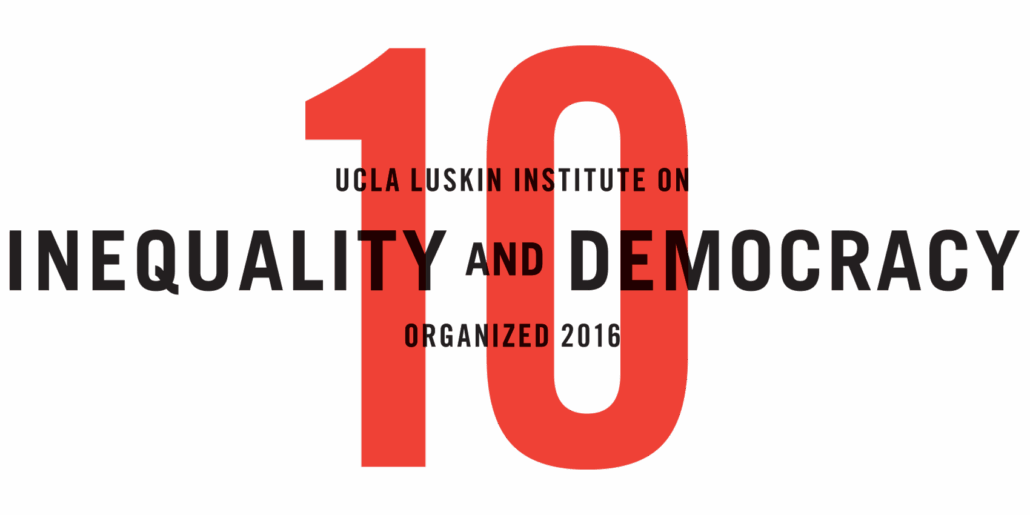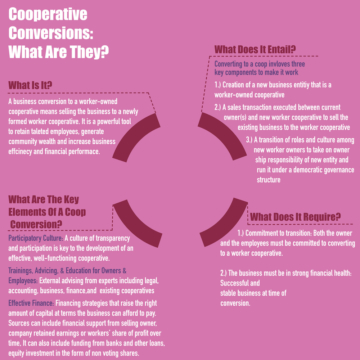Cooperative Start-ups & Conversions
Fernando Abarca (Urban Planning) in partnership with LA CO-OP Lab
The goal of this fellowship collaboration with LA Coop Lab focused on collecting, creating, and connecting resources to help demystify the cooperative start-up and conversion processes. I collected resources and met with organizations across the country that provide technical support to businesses transitioning to cooperative models. With the information collected I created infographics and drafted a mini course curriculum to explain the steps in a business cooperative conversion process. Beyond collecting and creating tools for cooperative conversions I also supported the LA Coop Lab team in translating and filming the Spanish version of the How To Start A Business Cooperative mini course. This mini course is composed of a series of short videos that provide a general scope for starting a cooperative business. The mini course also explains why they are one of the best strategies for employees to create democratic workplace environments. The main goal in filming these short videos is to make them accessible to potential workers and owners looking to start or transition their business to a cooperative model.
In recent weeks I connected LA Coop Lab to two organizations working with Street Vendors in the Eastside of Los Angeles. The meetings led me to begin coordinating with a group of street vendors interested in starting a cooperative business in an identified commercial site that will be made available in the next couple of months. So far, the vendors have held a series of meetings and have decided to move forward in their pursuit of the commercial site and will soon begin building out their business plan and business proposal for the site. All of this work will be carried out through a cooperative business development approach. This work is critical under the current economic crisis that is forcing many businesses to permanently shut down and leaving millions of workers without a job. These closures have significantly impacted both small business owners and workers of color. This is an opportunity to keep workers employed while providing them with tools to create democratized workplaces that will ensure the well-being of the workers and the communities they serve. This project has the potential to be a success story for the small but albeit growing cooperative network in Los Angeles.


